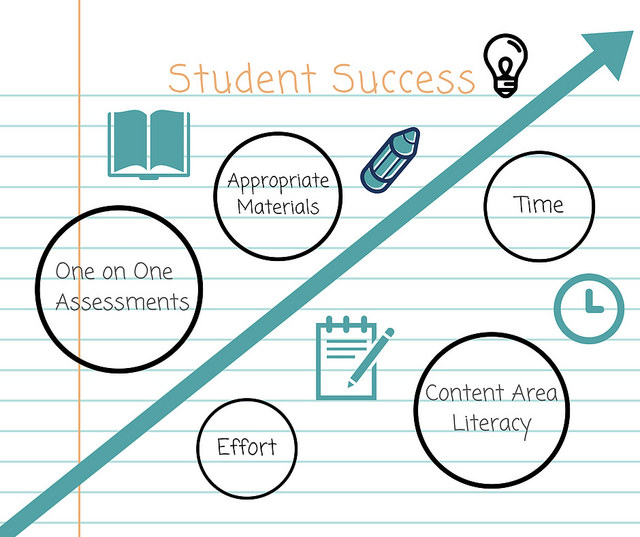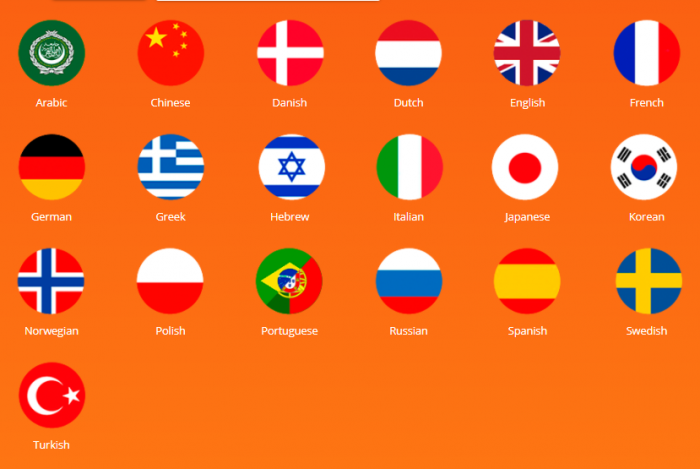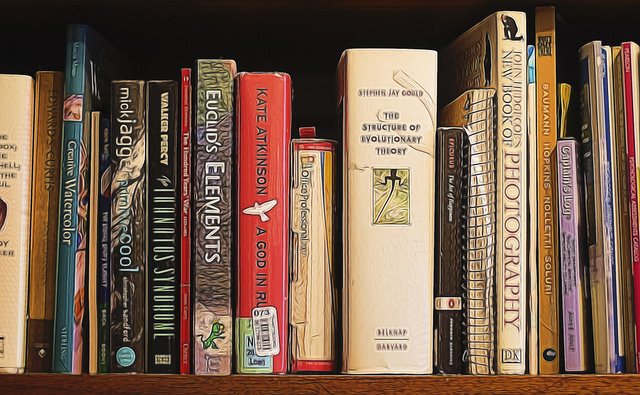Learning a New Language? Here’s Why It Is Critical to Discover Your Language Level
So, you’ve decided to try your hand at learning another language. You’ve shopped around, maybe you bought a few learning materials and downloaded an app, and you’ve planned out your language journey. Now what?
For any new language learner, one of the first steps to take (before doing much of anything else) is to discover your language learning level. For most, this might be the newest beginner’s level possible. Others’ levels might be slightly more advanced if there is some pre-existing familiarity with the language – say, from high school or college classes, for example. Maybe you even lived or travelled extensively abroad but haven’t used your language skills for several months or years. Whatever your learning level is, make sure you know it.

Photo via Flickr
Why is it so important to know your level?
Here’s why: Without knowing your true language level, you could inadvertently jump into learning a new language with expectations that are too high and resources that are too inadequate.
By understanding and acknowledging your appropriate learning level, it’s much easier to learn at the right difficulty level and pace. As a language learner, one of the worst things you can do is overwhelm yourself. If you do, you could run the risk of not being able to acquire new information, you may negatively associate learning another language with discomfort, or you may become stressed or lost in the material – none of which are ideal learning conditions.
To avoid these mistakes, here are 6 tips on how to learn according to your level:
1. Take a language test
The internet has some truly outstanding resources out there to help you determine your appropriate language level. Most assessments involve reading, writing and multiple-choice questionnaire components. These can help you determine your level with as much accuracy as possible.
A great option to use is Language Trainers’ skills assessment. Click here to start your skills test now! There are several languages available, so take your pick!

2. Create a solid foundation of the basics
Once you know your correct language level at present, take advantage of this information by starting to learn from there. Start understanding letters, accents marks, the basics of sentence structure, grammar, and word order. This information may seem too easy, but remember to be patient – fluency isn’t a race.
3. Build knowledge sequentially
Most languages commonly have some form of verb conjugations, subjects, direct and indirect objects and other descriptors (adjectives, adverbs, etc.). Before trying your hand at complex verb phrases or difficult tenses, learn the basics of grammar and structure first, since this is the natural order.
4. Practise to learn and challenge yourself
After you know some of the basics and are routinely learning the language in a sequential manner, take a step back and evaluate your progress. Are you retaining new knowledge from each lesson? Is the pace too easy, too fast or too challenging? At this juncture, you should be challenging yourself to learn more material, but only if you’re retaining and understanding the old. If not, maybe it’s time to take it slower.

Photo via Pixabay
5. Avoid overwhelming yourself
Throughout each step of the process, remember to be patient with yourself and avoid becoming overwhelmed. There comes a point where every language learner realises how little vocabulary he really knows, or how she always forgets older verb tenses after learning new ones. This is the natural process of learning an entirely new way of communicating. It’s complicated, but also very rewarding. The best way to conquer it is to not overwhelm your mind.
6. Eventually, branch out into more complicated material
Once you understand the basics, feel good about your level of challenge, and do not feel overwhelmed, be sure to seek out new and more difficult information. Until you reach fluency (and even beyond that), there’s always more to learn. Continue to buy advanced readers, speak in and listen to the language as much as possible, and practice writing. Then, once you feel like you’ve achieved your goal literacy level, be sure to continue to flex your language muscles!
How did discovering your language level help you while learning? Share with us below!
